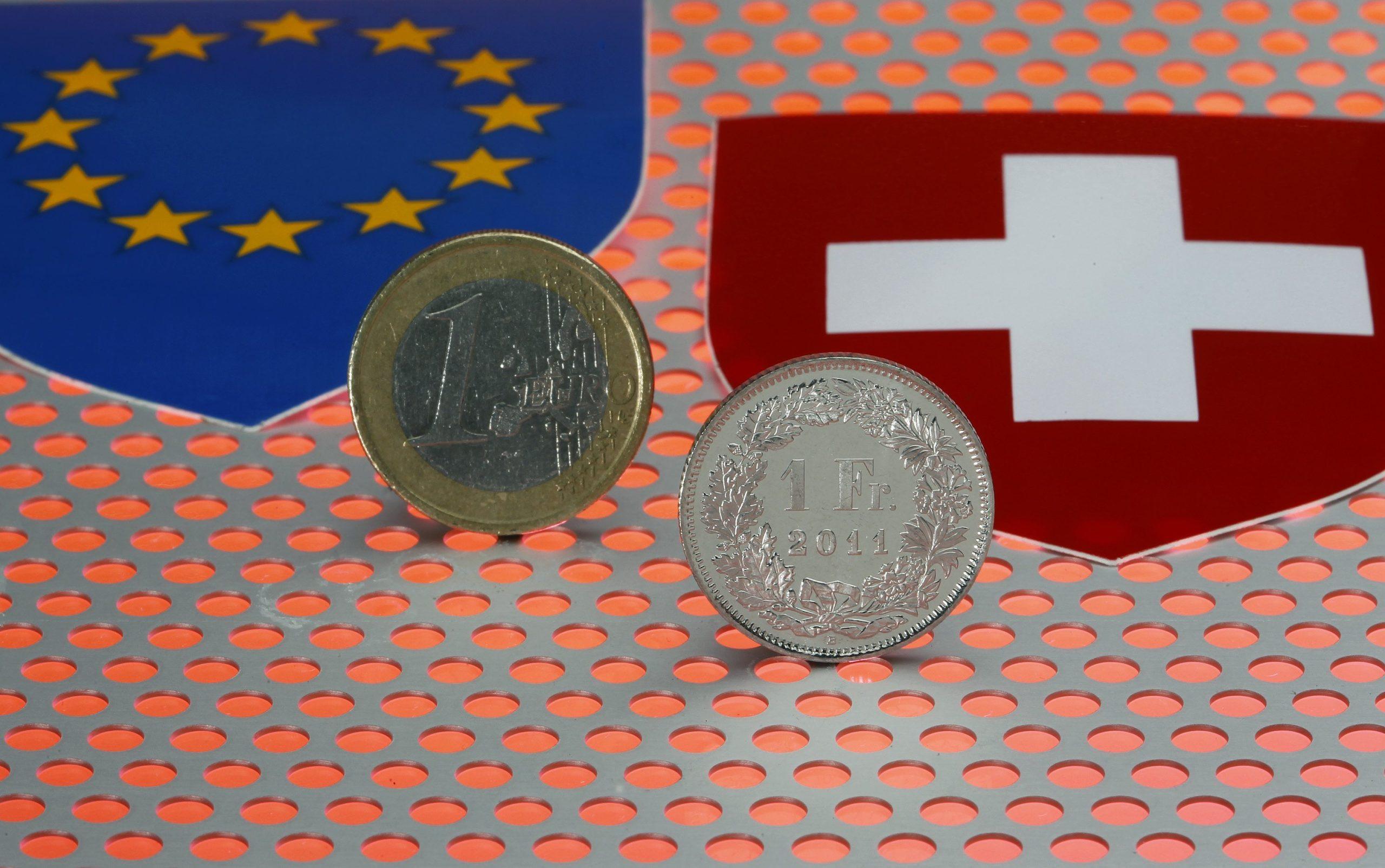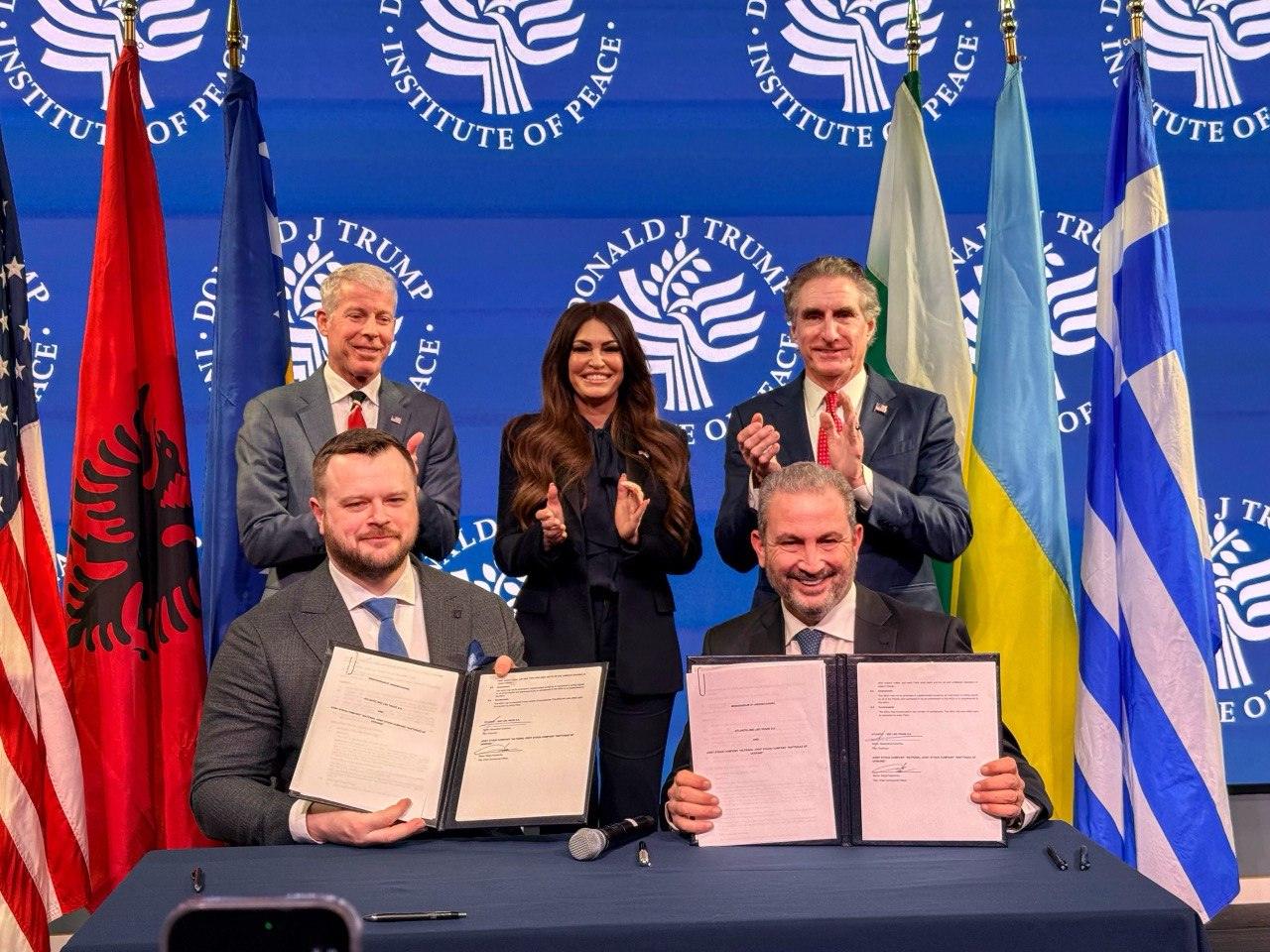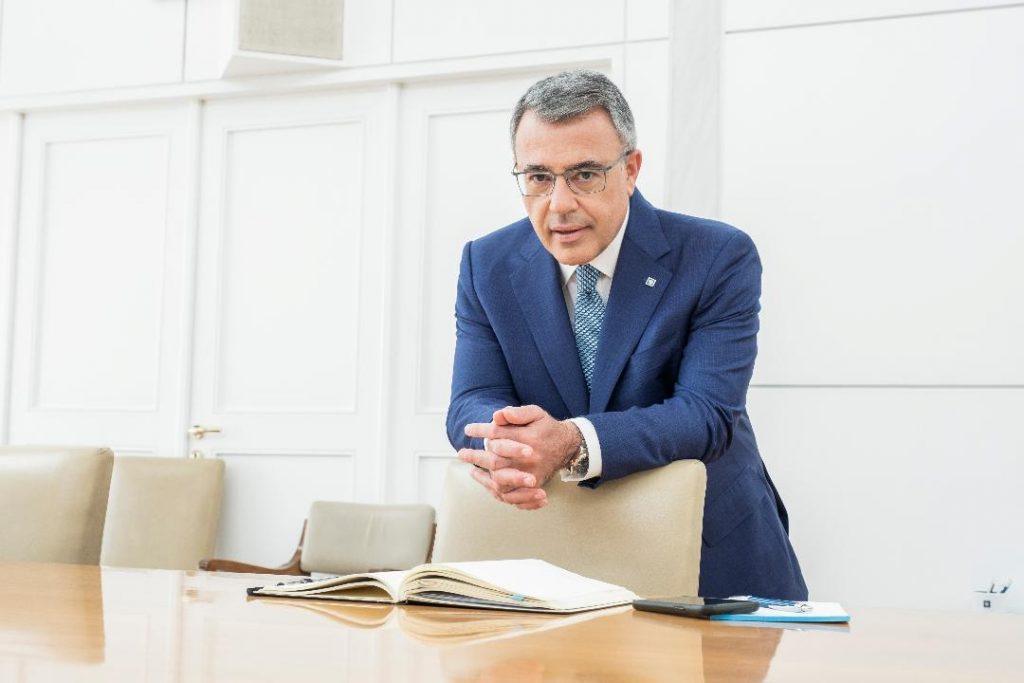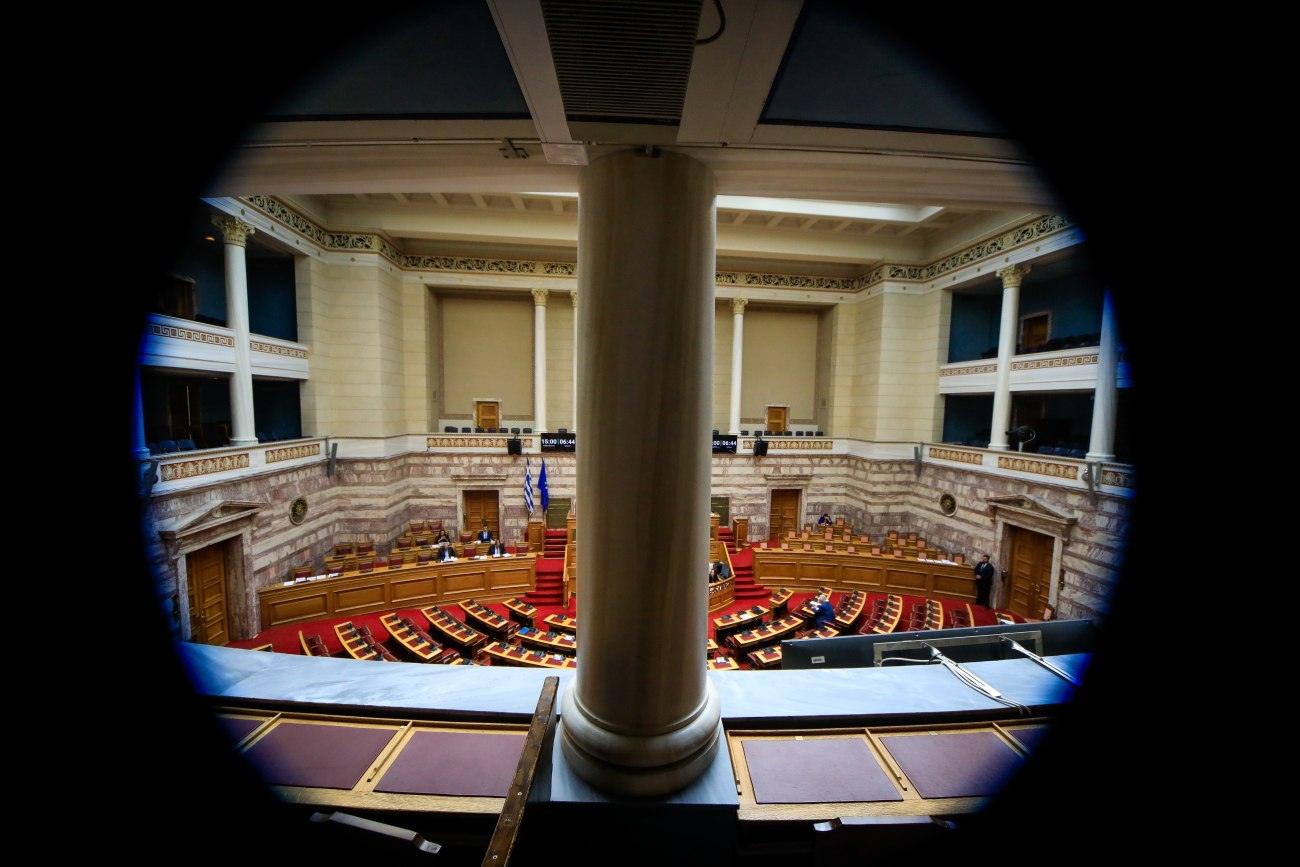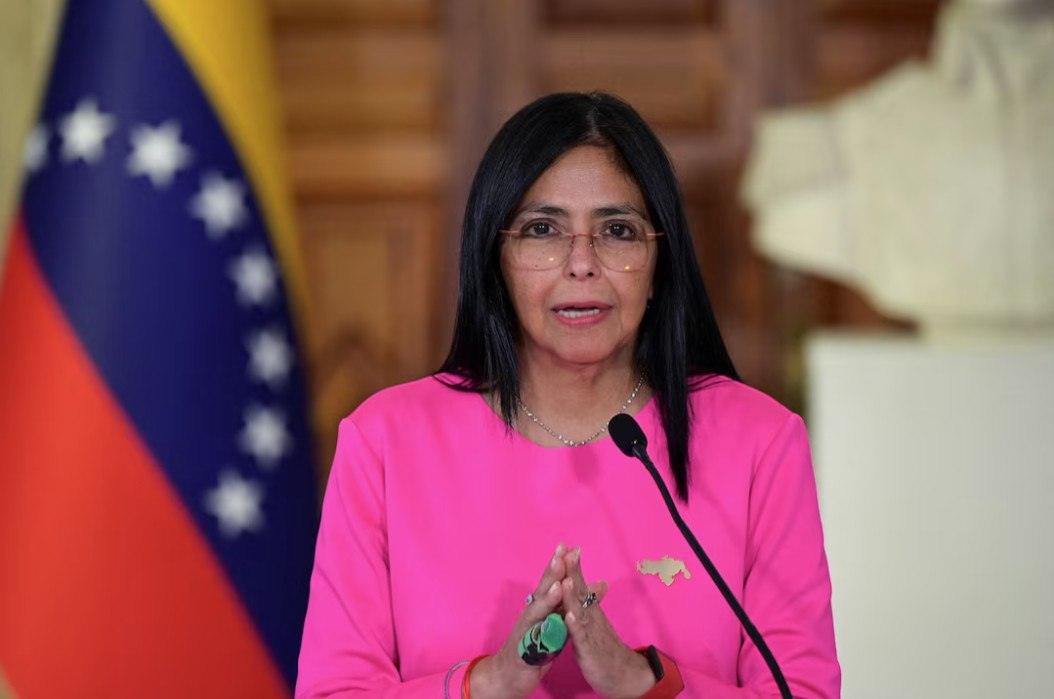Tourism in Greece permeates nearly every aspect of the economy — from transport and hospitality to culture and local production. According to the OECD’s latest study, the sector’s impact isn’t just measured by arrivals, but by how those visits drive broader economic activity.
The OECD highlights the Tourism Satellite Account, which links tourism data to national accounts and shows the sector’s impact on growth. Bank of Greece figures back this up: in the first half of 2025, the travel balance showed a 6 billion euros surplus, with revenues up 11% year-on-year. The rise comes less from more visitors than from higher spending per trip — underscoring that value matters as much as volume.
The Role of Quality
The OECD study underlines the complexity of Greece’s tourism profile: dozens of islands, diverse types of destinations, and a wide range of experiences, from cruises to agritourism. This means policies cannot be one-size-fits-all. A small island reliant on ferry connections faces challenges vastly different from those of a major city hosting conferences and international exhibitions.
Bank of Greece data confirm that visitors spent significantly more regardless of the modest rise in arrivals. Germans, French, Italians, and Americans, in particular, boosted spending per trip, helping widen the surplus. This shift reflects an upgrade in the overall offering — better accommodation, refreshed restaurants, and higher-quality experiences.
The OECD stresses that such improvements are no accident. They require:
• Strategic promotion highlighting thematic routes, from history and culture to gastronomy.
• Public investment in infrastructure such as cruise ports, airports, and archaeological sites.
• Systematic data collection from hotels, short-term rentals, and agencies to ensure policies are based on accurate measurements.
The Social Dimension
Equally important is the social aspect. Tourism is a lifeline for jobs in island and rural areas, but seasonality remains a challenge. Summer brings thousands of posts that vanish in winter, raising the question of how to extend the season and secure year-round income through alternative forms of tourism.
Source: tovima.com
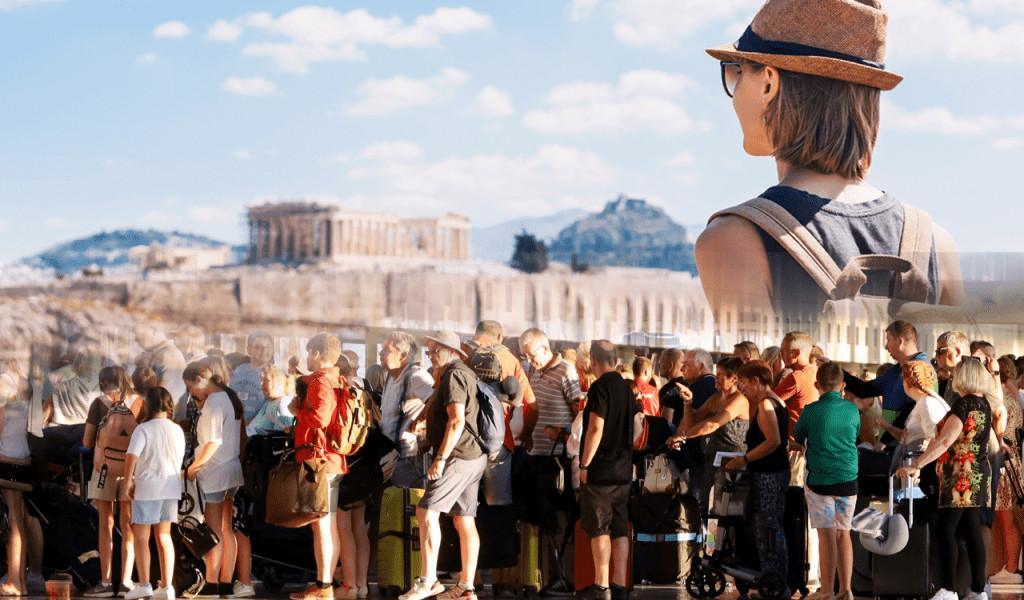
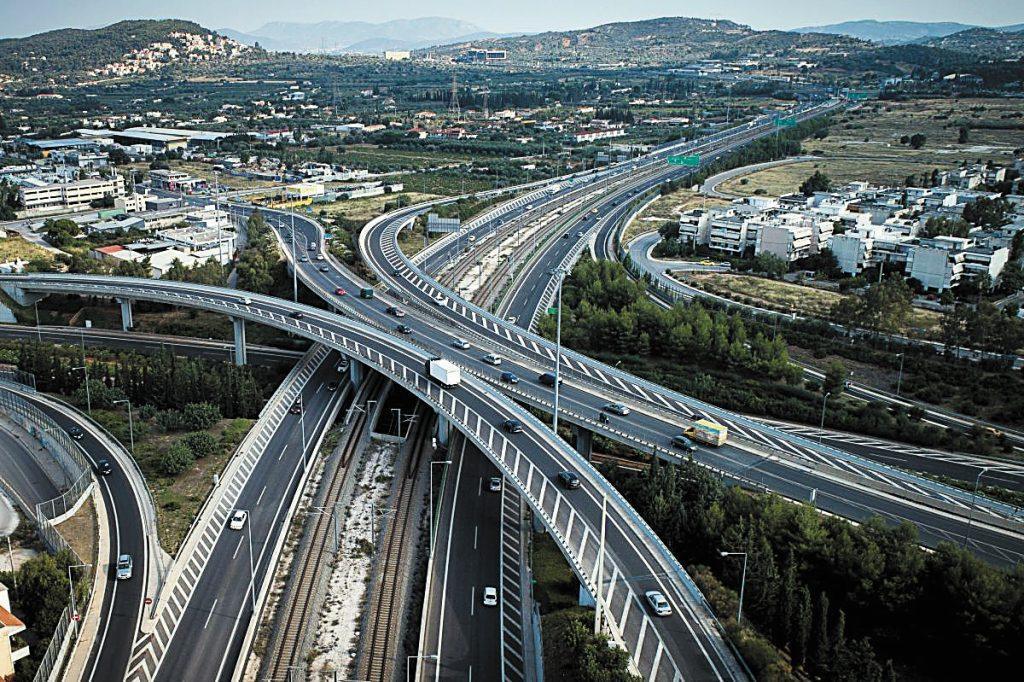

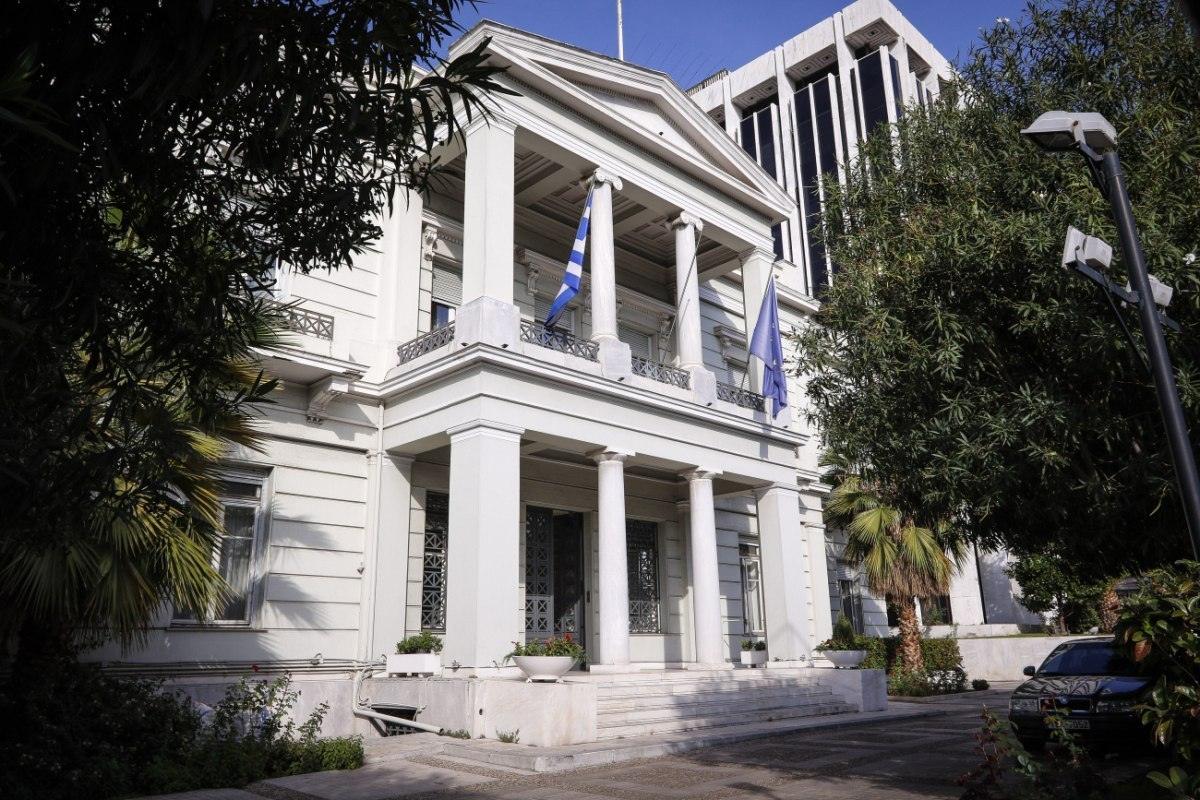






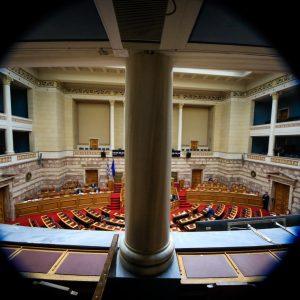
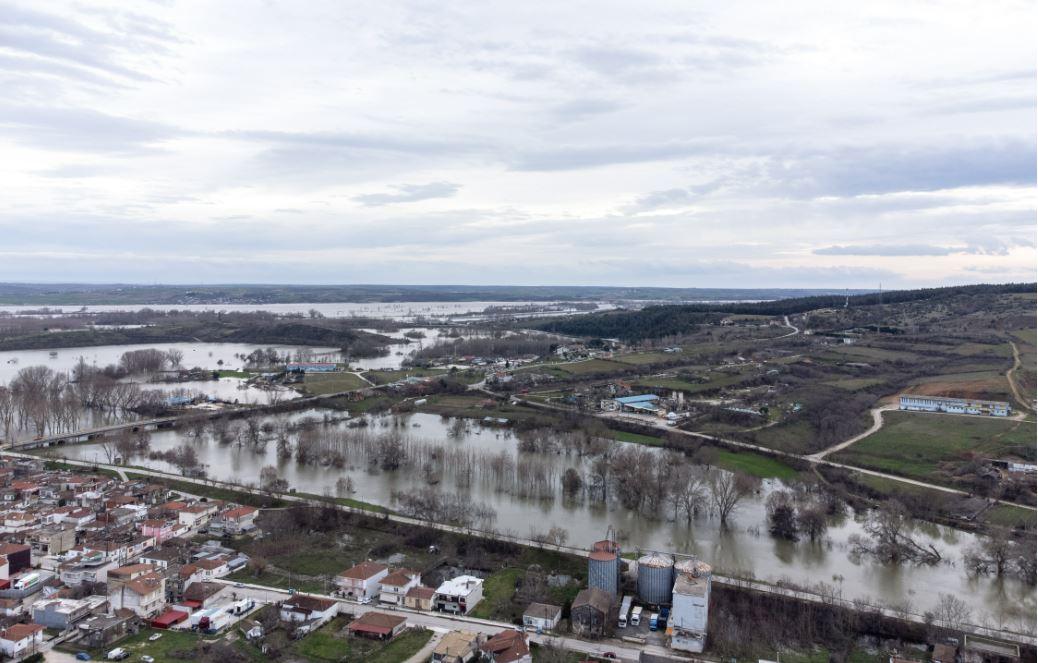




![Ακίνητα: Σε ποια εξοχικά στρέφονται οι επενδυτές [ πίνακας]](https://www.ot.gr/wp-content/uploads/2026/02/property-scaled.jpg)
